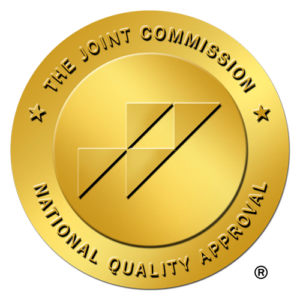Sad tales about elderly victims losing their money online are on the rise. Coercion, trickery, and badgering lead to older adults losing billions of dollars each year. The National Council on Aging estimates over five million seniors fall into financial scams annually.
The Cost of Elder Fraud
The consequences of senior scams can be devastating. Forbes estimates that elder financial fraud losses total over $36.5 billion annually. With only one in every 44 incidences reported, the figures may be significantly higher. Some of the common elder fraud scams include:
- Health insurance fraud
- Telemarketing scams
- Counterfeit drug scams
- Reverse mortgage scams
- Investment schemes
- Lottery scams
Senior citizens are easy targets for scammers due to their financial position. Most older adults own homes and have fixed incomes, meaning they have a large pool of funds to extort. Additionally, loneliness in old age results in seniors lowering their guard in identifying red flags. Declining cognitive ability worsens the situation.
Protecting Your Loved One from Elder Fraud
These expert tips can protect your loved one from financial exploitation:
Maintain Regular Contact
Isolation as your loved one ages may increase their risk of falling for romance scams. Maintaining regular contact with your parent can help you notice sudden changes in their behavior. Mentions of new companions, unsolicited offers, or sweepstakes may alert you before they give out personal information to their new “friend.”
Enroll Your Parent in a Licensed St. Petersburg Assisted Living Facility
A failing memory among dementia or Alzheimer’s patients can increase the risk of falling for scams. You can secure the interactions that your parent has daily by placing them under memory care in St. Petersburg, FL.
Caregivers can assist your loved one in opting out of fraudulent calls, emails, and promotions. Additionally, a St. Petersburg assisted living facility’s social functions can help minimize isolation and keep your older adult active.
Discuss the Topic with Your Loved One
You may have to speak to your elderly relatives or friends about the risk of financial scams. Discourage your loved one from conducting business over the telephone. Remind them always to ask questions, no matter how urgent the issue sounds.
Teach your loved one the signs of a scam. Mention a recent fraud incident and inquire how your parent may protect themselves against such. Remind them never to give away their personal information, including Social Security numbers or bank account details, online or over the phone.
Sign Up Your Parent on a “Do Not Call” List
You can access multiple sites that place your loved one on a “do not call” list. Engage the phone company to learn about the measures they have in place to regulate robocalls and “unknown callers.” Consider customizing your loved one’s smartphone to block unidentified calls.
Obtain Power of Attorney
If you fear that your elderly family member can no longer handle their finances, you can seek a legal route to prevent senior scams. Power of attorney may give you greater control over their finances, keeping your loved one safe.
Report Suspected Cases of Elder Fraud
You can teach your loved one how to file complaints with Adult Protective Services (APS). Every state has an APS program responsible for receiving and investigating elder abuse cases.
The program also educates seniors on common scams spreading within their locality. These can keep your loved one informed and less likely to get caught off-guard.
Protecting Your Loved Ones
Cases of elder financial abuse are on the rise, especially with online scams. The six tips above can help keep your loved one’s monetary possessions safe.
Ensuring your loved one is up to date with the latest scams and what to do when they identify scammers can help keep them protected.







